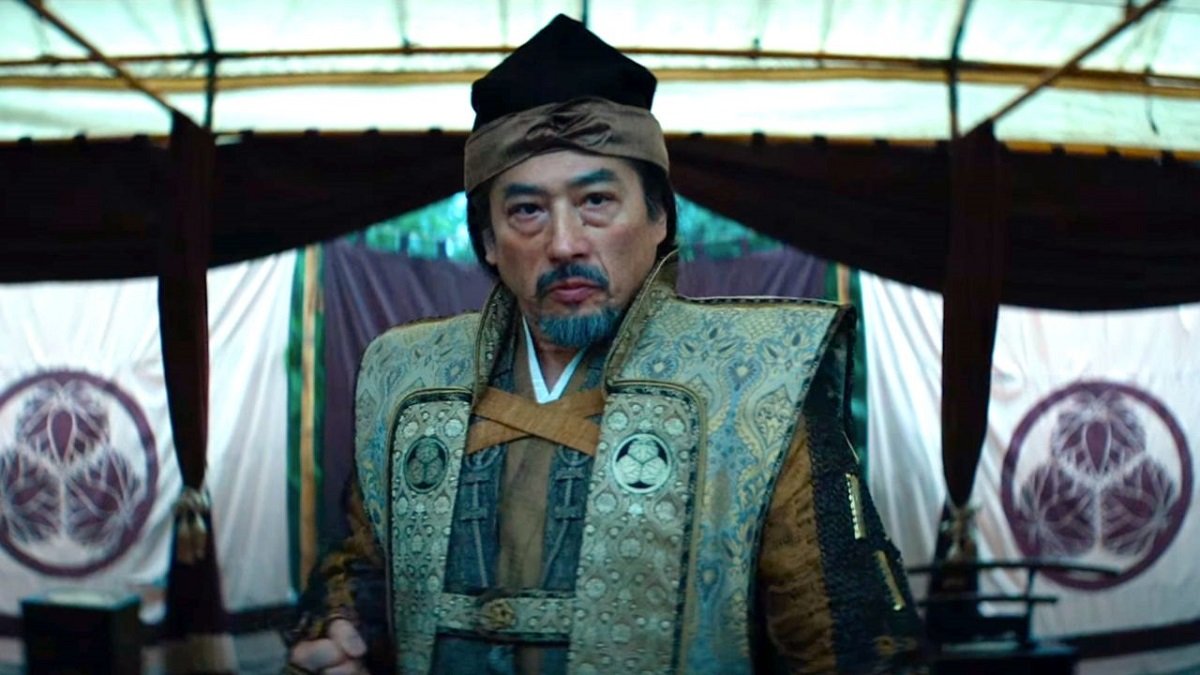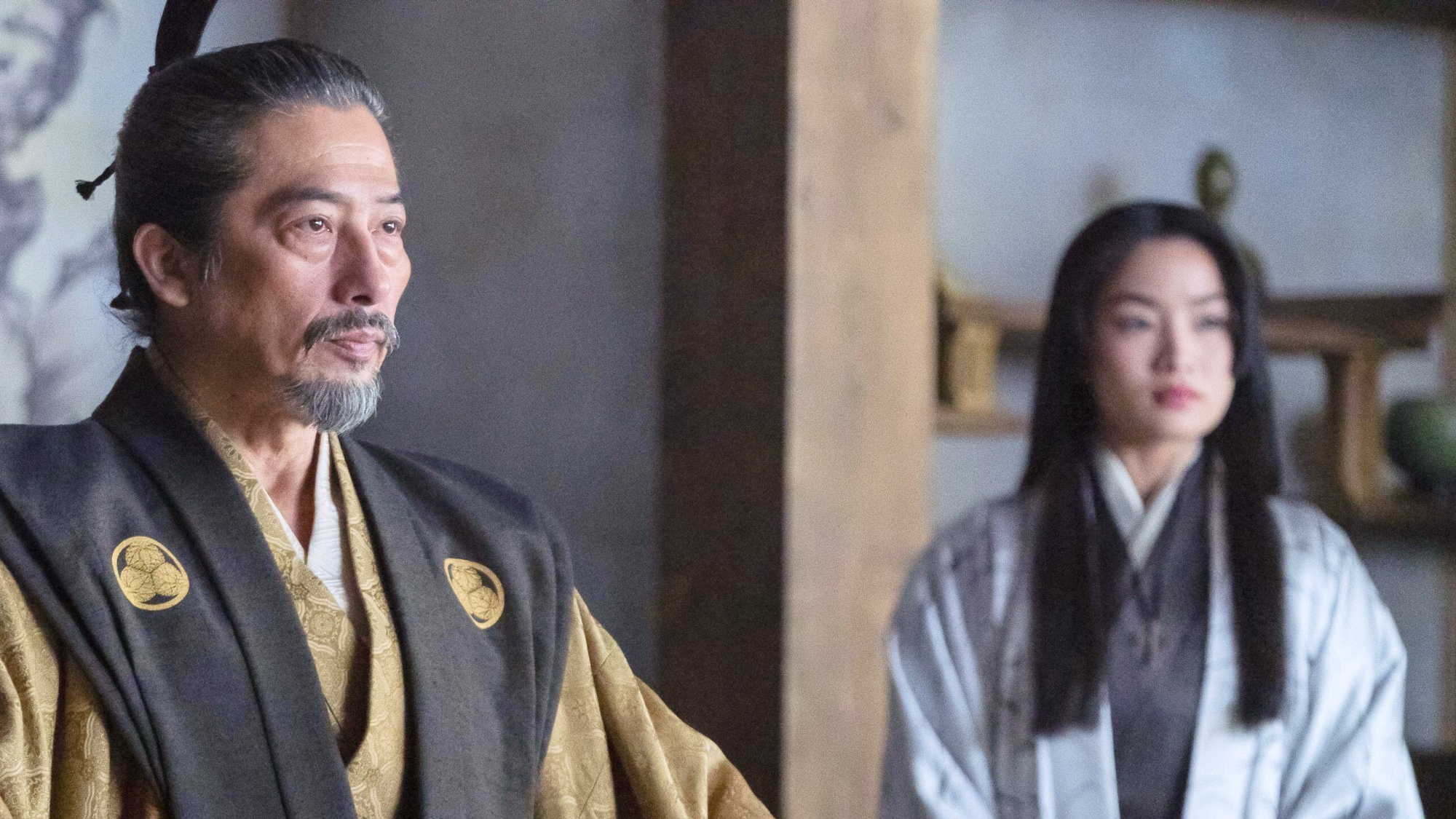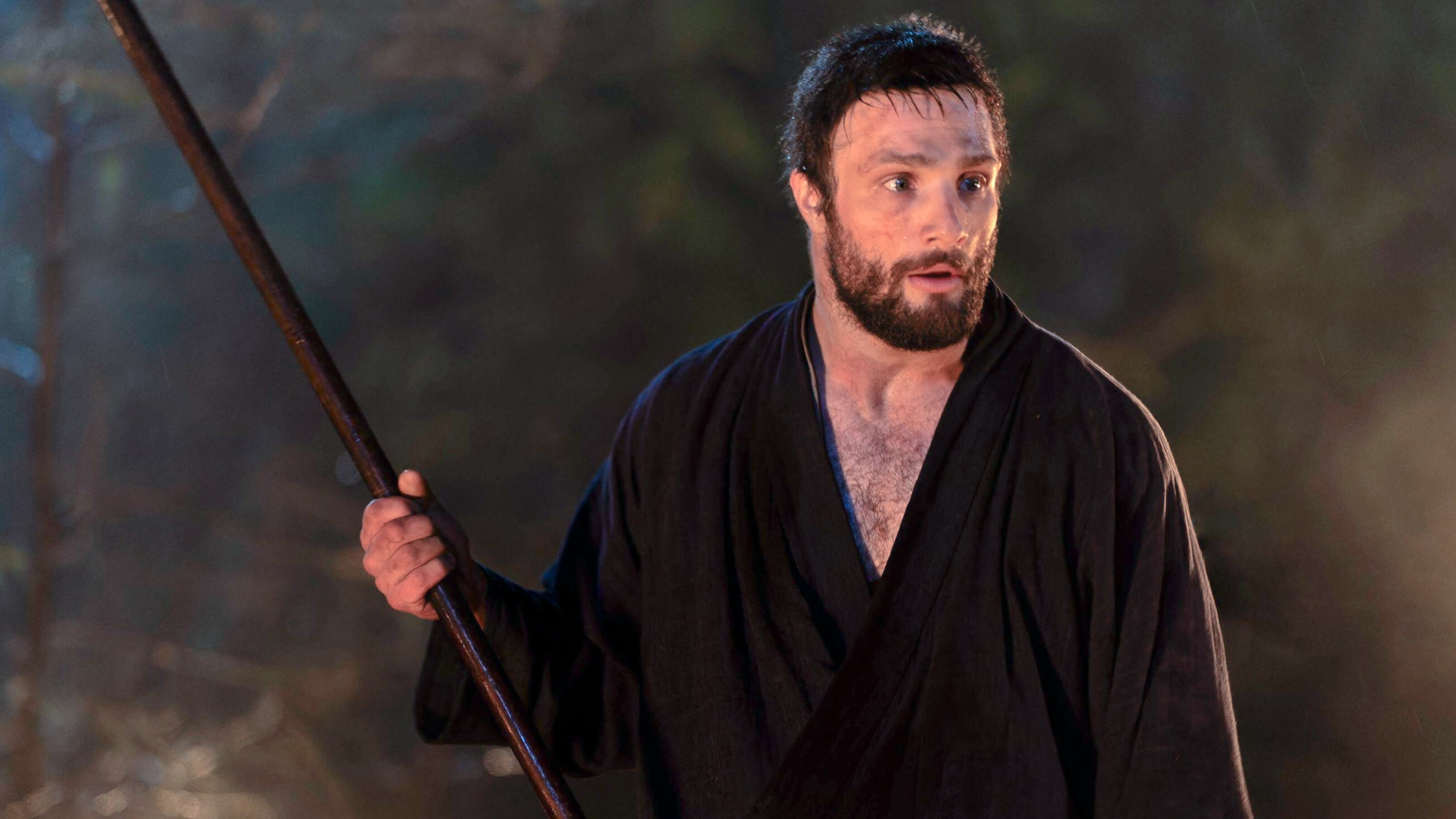Shogun is the ‘Seinfeld’ of epics — here's why
If you think nothing is happening, you're missing the point

There’s a debate raging in my household over “Shogun” on Hulu. I think it’s a fascinating look inside the power politics and culture of Japan, chock-full of character building and tension. Other family members are complaining — and rightly so — that nothing is really happening.
Where are the huge battles? Where’s the “Game of Thrones”-like bloodshed? Now that I’m on episode 7, I get the criticism. In fact, I’d argue that “Shogun” is the “Seinfeld” of epic TV shows so far because of all the perceived “nothingness.” And to me that’s actually a good thing.

Now that we’ve gotten our spoiler alert out the way, hear me out. “Shogun” is one of the best shows on Hulu and best shows overall because it doesn’t have to rely on incessant depictions of violence to succeed — though that may well be coming. It shines because it nods to the horrors of war without having to wallow in them.

As Lord Toranaga says to his son Nagakado during episode 7, “Why is it that only those who have never fought in a battle are so eager to be in one?”
Besides, there’s so much intrigue in “Shogun” to keep us satisfied, which is set in Japan in the year 1600 at the dawn of a civil war. This includes a secret relationship between an English pilot named Blackthorne and a translator named Mariko.
'Shogun' is one of the best shows on Hulu and best shows overall because it doesn’t have to rely on incessant depictions of violence to succeed. It shines because it nods to the horrors of war without having to wallow in them.
Earlier in the season, Mariko’s abusive husband Buntaro is thought dead as he battles the enemy, seemingly unable to escape as a ship carrying Blackthorne and Mariko left without him. Mariko’s look of half-dread and half-relief when he turns up alive speaks volumes about her inner conflict.
Blackthorne himself is called a “barbarian” everywhere he goes, even after saving the life of Lord Toranaga when a deadly earthquake strikes. His ability to use cannons is seen as a highly valuable skill in the coming conflict but he also battles resentment and racism as he rises through the ranks.

There’s a lot to keep track of, including a dysfunctional regents council that is ruling Japan while an heir comes of age, the spreading influence of the Catholic Church and a number of deaths via seppuku. But it’s the characters in “Shogun” that keep the show grounded and compelling, including the Lord of Izu Yabushige, who attempts to play both sides of the conflict between the Council and Lord Toranaga to stay alive.
Ochiba, the highest ranking woman in Japan and the mother of the Heir, is out for revenge against Toranaga as she believes he’s responsible for her father’s death. She’s one of my favorite characters because of her sheer intensity. Ochiba is growing tired of all the in-fighting in the council and wants to weaponize it against her enemy.
I’ll be honest. I could use a scorecard at times when watching “Shogun.” But it is a sweeping and satisfying epic that will keep me glued to my set until the very end — even if “nothing” happens in the next episode, too.
Sign up to get the BEST of Tom's Guide direct to your inbox.
Get instant access to breaking news, the hottest reviews, great deals and helpful tips.
Mark Spoonauer is the global editor in chief of Tom's Guide and has covered technology for over 20 years. In addition to overseeing the direction of Tom's Guide, Mark specializes in covering all things mobile, having reviewed dozens of smartphones and other gadgets. He has spoken at key industry events and appears regularly on TV to discuss the latest trends, including Cheddar, Fox Business and other outlets. Mark was previously editor in chief of Laptop Mag, and his work has appeared in Wired, Popular Science and Inc. Follow him on Twitter at @mspoonauer.

